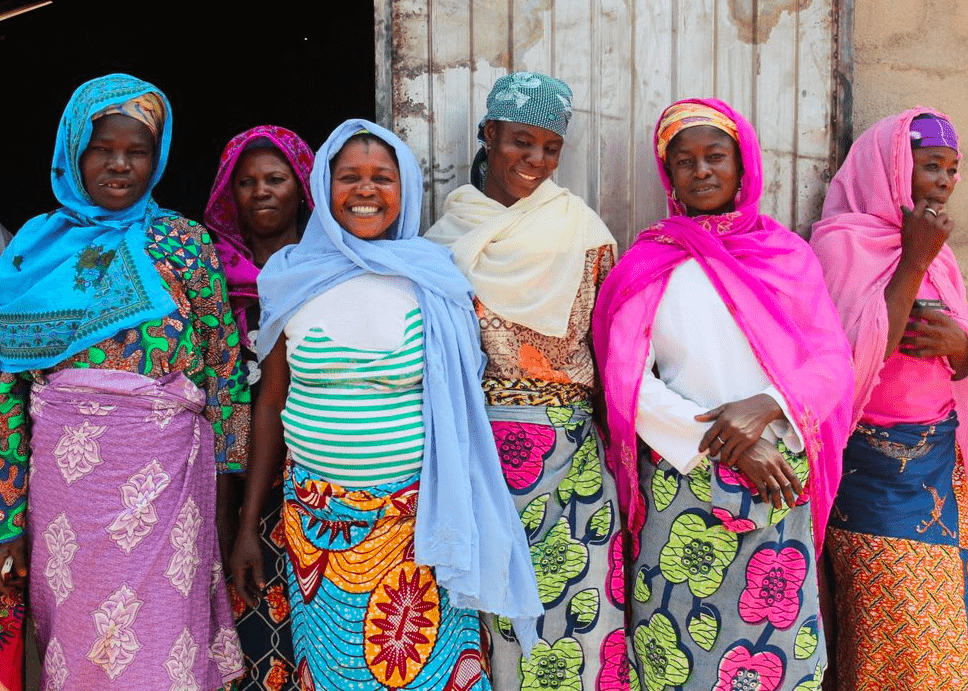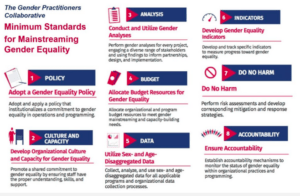
On January 9, 2019, the President signed into law the Women’s Entrepreneurship and Economic Empowerment Act (S. 3247). The act aims to improve programs and activities at the United States Agency for International Development (USAID) to support women-led businesses by addressing gender-related barriers to economic growth, such as gender-based violence. The legislation was introduced by Rep. Lois Frankel (D-NY) and Rep. Ed Royce (R-CA) in the House and passed out of the chamber last summer. The bill hit a snag in the Senate this fall, but Senator Boozman (R-AR) led the bill to passage in early January. With the strong support of Ivanka Trump in the White House, the bill crossed the finish line earlier this month.
Section three of the law, “Actions to improve the international gender policy of the United States Agency for International Development,” sets out to do the following:
- Define gender analysis as socioeconomic analysis that includes conclusions and recommendations to enable development to narrow gender gaps
- Codify the international development cooperation policy of the United States to reduce economic, social, and political gender disparities; to strive to eliminate gender-based violence and mitigate its harmful effects; and to support property and land rights for women
- Instruct the USAID Administrator to ensure that strategies, projects, and activities of the Agency are shaped by a gender analysis; standard indicators are used to assess strategies, projects, and activities; and gender equality and female empowerment are integrated throughout the Agency’s program cycle and for purposes of strategic planning, project design and implementation, monitoring, and evaluation.
“One of the bill’s biggest strengths is the codification of gender analysis across all of USAID’s programs, not just economic empowerment programs.” — Jenn Williamson, ACDI/VOCA’s Senior Director of Gender & Social Inclusion
ACDI/VOCA co-authored and launched The Minimum Standards for Mainstreaming Gender Equality in 2017 as part of the Gender Practitioners Collaborative, an initiative among international development implementers to raise awareness and provide practical guidance for organizations. The Minimum Standards offer key benchmarks for promoting gender equality in international development operations and programming.

To learn more, read our about our launch of these gender standards. Gender and social inclusion analysis is a core element of ACDI/VOCA’s inclusive market systems approach. Our technical strengths and thought leadership continue to impact how international development is conducted. We applaud Congress for this insightful work — the effects of which will significantly improve USAID program impact in developing countries.
Read more about our GenderFirst™ approach.
Read more about our Advancing Women’s Empowerment (AWE) program.






